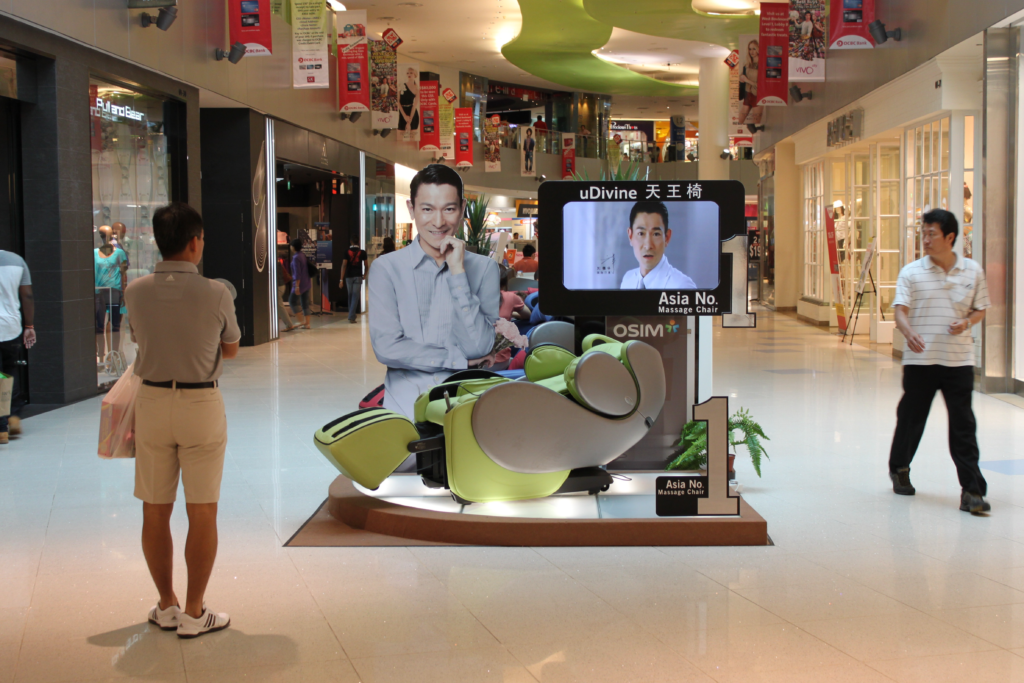
The Finnish Ministry of Foreign Affairs published a magazine called Kauppapolitiikka (Trade Policy). On September 27, 2022, the editor concludes the change in the market to the main title “A gap the size of Russia”. Russia started a war against Ukraine in February, and they are progressing from one defeat to another, but the effects on Finland’s economy, businesses and citizens will have a long-term effect. And we must talk about.
Since the beginning of the war, Finnish companies have been withdrawing from the Russian market as fast as they can. Those who have invested there in production or office premises are coming home slower. You can get out of lease contracts quickly, even though it gets expensive. Those who have physical assets there such as factories or powerplants are in pain, because selling at a low price in a forced situation means big losses for the companies – and that will also be reflected in the Finnish economy.
As soon as these wounds have been patched up, we must look forward. In the next few years, the western neighbours – the Nordic countries, the Baltic countries, Poland and Germany – will become even more important for Finland. In addition, many companies have already opened new export channels to Holland and the UK. In some sectors, France, Italy and Spain are vital trade partners.
Finland can best help its own economy by increasing its foreign trade. When companies get to know the competitive situation in different countries and develop their products accordingly, added value and profitability increase.
As for corporate communication, this means increasing openness, strengthening language skills, and moving from product thinking to phenomena and thought leadership.
The old joke “a good product will sell itself” has been all too true in recent years. A good product sells if it comes from an interesting, high-quality and responsibly operating company. A good product sells if it is easily presented online even before the seller has said anything or even bought a plane ticket.
The more international markets you operate in, the more important it is to understand that concentrating on “I, me and myself” does not work. All sales arguments must be built to answer the customer’s questions, not to tell about one’s own excellence. We are very good at crystallising messages, but it must be done.
The Finnish school system has won praise around the world, especially in recent years, but for one reason or another, we underestimate it ourselves. All too often I hear stupid claims that “learning Swedish at school is boring” or “I know English because I play online games”. The task of the adult generations is to talk about education with appreciation, and young people should humble themselves to learn Swedish, German, French and the dominant languages of Asia if they plan to work in internationalizing companies.
Among the necessary languages, the Slavic languages are a group of their own. Russia has made itself a pariah for at least a generation, but with the basics of Russian, Ukrainian or Belarusian, you can already interpret many other European languages. Once you know the Cyrillic alphabet (which varies slightly between these languages), you will soon be able to read Bulgarian and Serbian helpfully and recognize words from Polish, Czech, Slovak and Moldovan languages. This part of Europe is and will remain important for us in terms of trade as well as a source of capable workforce.
I have personally noticed that on the basis of the Cyrillic alphabet, I learn even some bits and pieces of Greek. Greece being the home of European culture, surprisingly often the curious reader comes even across loanwords with familiar meaning. A new world opens up one letter at a time.
This is the conclusion: to increase foreign trade, education must support the knowledge of cultures, for which languages are the most important key. Keep on studying languages in the school and as an adult. Learning is the most motivating human feeling.
Alpo Räinä